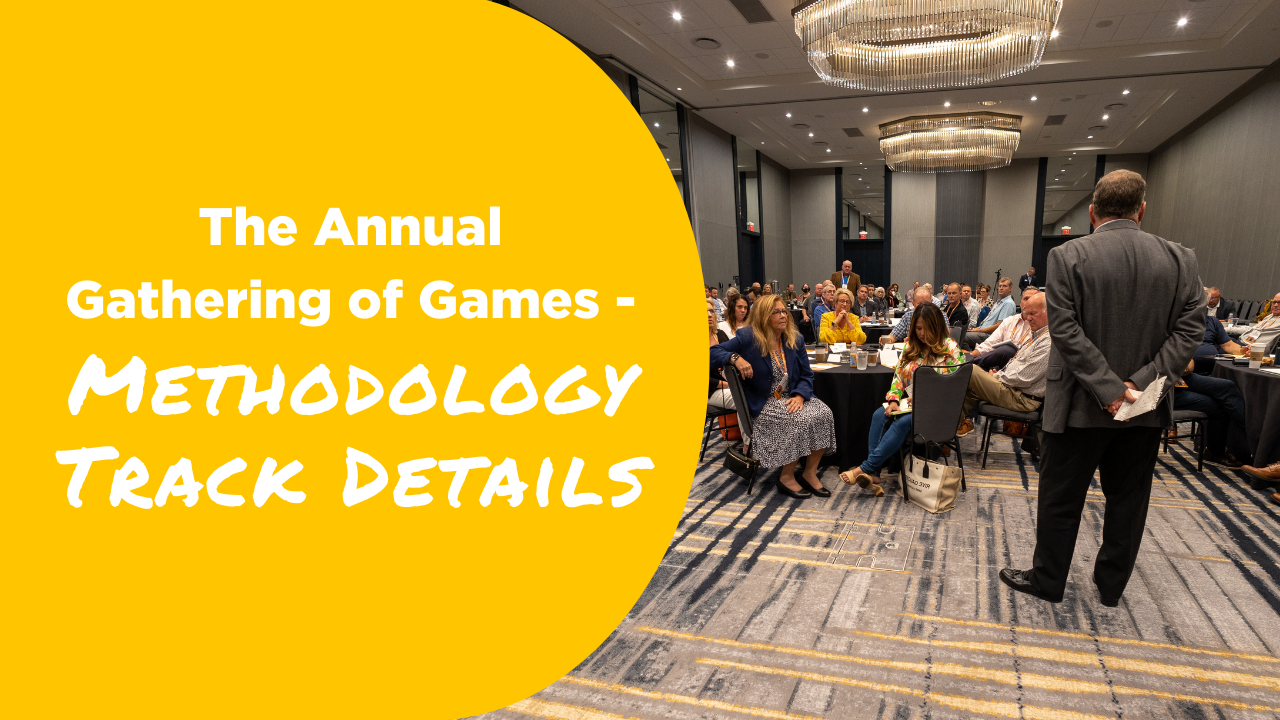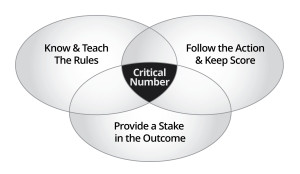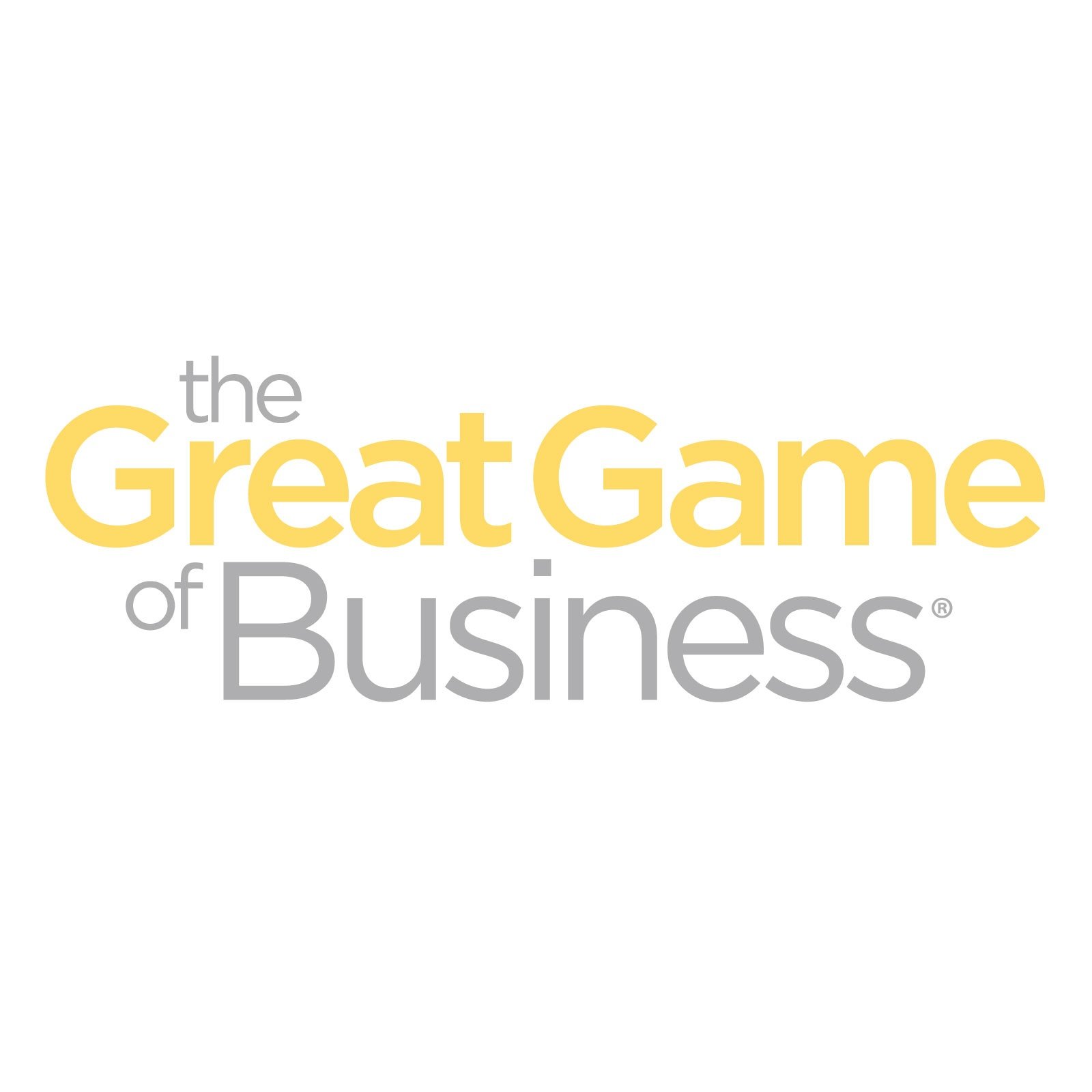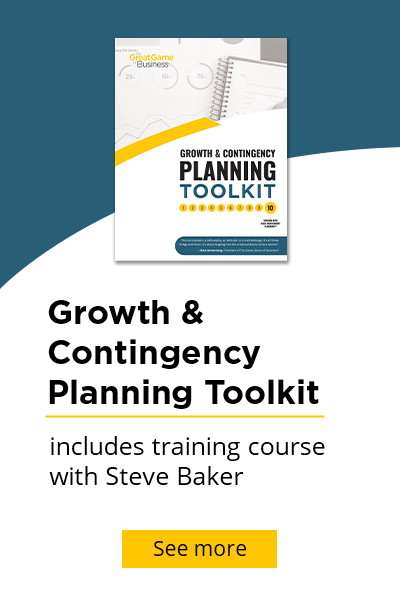 The Annual Gathering of Games provides learning opportunities for beginner, intermediate and advanced Great Game® practitioners. We're able to bring you both new takes on foundational open-book practices as well as fresh ideas to take your Game to the next level by choosing speakers who are Great Game practitioners themselves.
The Annual Gathering of Games provides learning opportunities for beginner, intermediate and advanced Great Game® practitioners. We're able to bring you both new takes on foundational open-book practices as well as fresh ideas to take your Game to the next level by choosing speakers who are Great Game practitioners themselves.
In this post, you'll get a quick peek at our three methodology-based tracks: Know & Teach the Rules, Follow the Action & Keep Score and Provide a Stake in the Outcome for the 2014 Gathering of Games Conference. These three tracks focus on the fundamental practices of The Great Game of Business, yet offer new material for every learning level. Take a look at the overviews for these three tracks as well as a rundown of the sessions in each track.
Know & Teach the Rules
The first step in implementing and sustaining The Game in your organization is to ensure that you are prepared to operate an open-book company. This entails analyzing and preparing your management team to communicate in a transparent fashion, educating your employees on basic business and financial concepts and engaging your employees in the process. The Know & Teach the Rules track features sessions that will help your team develop or improve on your current open-book culture.
Here's a summary of sessions:
- It Takes an Adult to Open the Books - Speaker: Stan Sewitch, WD-40 Company.
- Reading & Writing Arithmetic - Speakers: Aaron Clay & Mark Banks, Amy's Ice Creams
- Financial Literacy: What to do When it's Your Turn to Teach - Speaker: Stephanie Fletcher, SRC Power Systems
- Managing for OBM Businesses: Exactly the Same, but Totally Different - Ann Lofgren, ZingTrain
Follow the Action & Keep Score
Once you've opened the books, you need to have a consistent rhythm for communicating and following the ever-changing score (the financials) as well as strong strategies for continuing to engage your team during the process. Speakers from a variety of industries will share their tips for engaging and communicating with employees.
Here's what's in store:
- What's Next in Engagement? - Speaker: Steve Drury, Verus Global
- Engaging the Front-Line - Speaker: John Williams, Central States Manufacturing
- Follow the Action & Keep Score 101 - Speaker: Bill Collier, Great Game Coach
- Wanna Huddle? How to Make Your Huddles Powerful & Fun - Speaker: Kevin Walter, Tasty Catering & Great Game Coach
Provide a Stake in the Outcome
Why would employees want to play The Game if there is no clear reward for winning…or the risk of failure? The Provide a Stake in the Outcome track will contain lessons on how to reward and recognize your team in ways that are inspirational, motivational and memorable to them. You'll hear from speakers who are ready to give you tips for rewarding your team that will span from no-cost, to low-cost to self-funding.
Check out these sessions:
- Why Bonus Programs Fail - Speaker: Steve Baker, The Great Game of Business, Inc.
- MiniGame Idea Factory - Speaker: Donna Coppock, The Great Game of Business, Inc.
- Better Together: Employee Stock Ownership Programs (ESOP) & GGOB - Speakers: Rick Rose, Menke & Associates & Josh Wolters, SureFire Ag
- It's Not About the Bonus - Speaker: Vaughn Henson, SRC Logistics, Inc.
.png)








.png)




-5.png)

